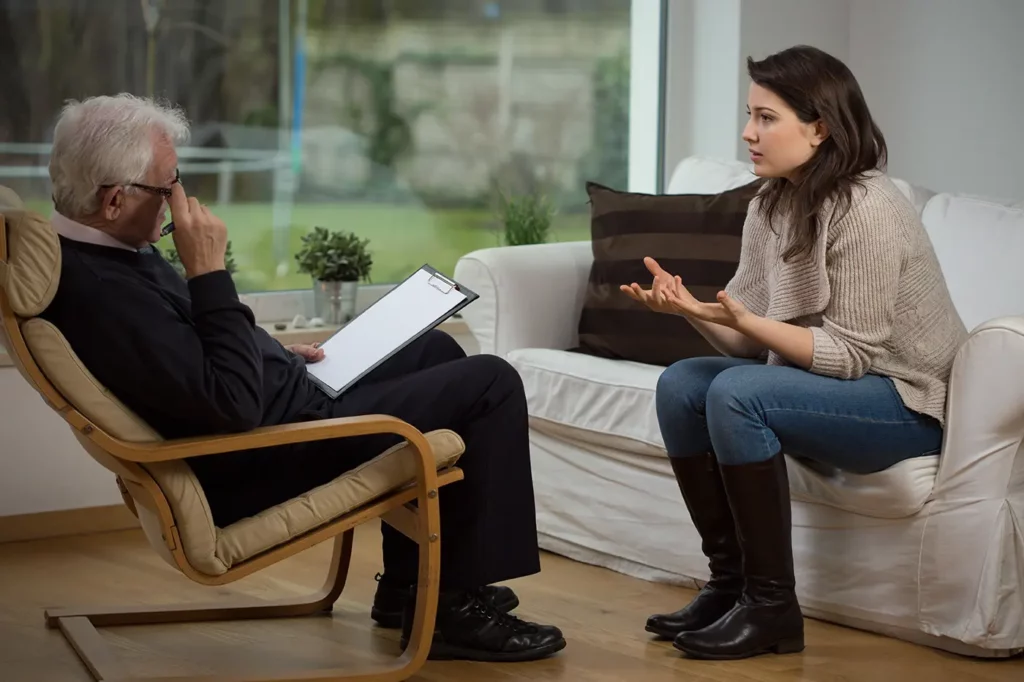24/7 Helpline:
(866) 899-111424/7 Helpline:
(866) 899-1114
Learn more about PTSD Treatment centers in Nodaway
PTSD Treatment in Other Cities

Other Insurance Options

MHNNet Behavioral Health

American Behavioral

Sutter

Oxford

Highmark

AllWell

Molina Healthcare

Absolute Total Care

CareFirst

CareSource

Anthem

Kaiser Permanente

PHCS Network

Group Health Incorporated

Ceridian

Carleon

Excellus

Premera

Medical Mutual of Ohio

Multiplan









